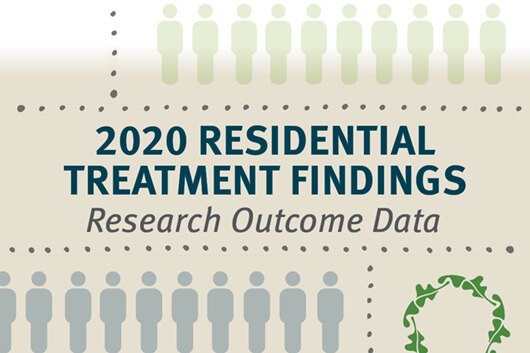Have you ever popped an ibuprofen for a hangover? Ibuprofen and alcohol are commonly used substances that seem relatively harmless when they’re consumed in moderation. However, even though ibuprofen is available over the counter, it’s a strong medication. It’s important to know the potential side effects of the medicine and how those side effects are affected by drinking alcohol.
What Is Ibuprofen?
Ibuprofen is a non-steroidal anti-inflammatory drug, or NSAID. It works by blocking an enzyme responsible for creating certain prostaglandins. Those prostaglandins are compounds that stimulate pain and swelling. When you have lower levels of those chemicals in the body, you experience less pain.
Prostaglandins have some beneficial qualities. They protect the digestive tract’s mucous lining from irritants. They also help your kidneys filter out damaging elements from the blood. Prostaglandins help your blood clot.
When you lower prostaglandin levels by taking ibuprofen, you increase the risk of dangerous side effects, such as:
- Stomach and gastrointestinal ulcers
- Irritation in the digestive tract
- Bleeding problems
- Kidney damage
Ibuprofen and Alcohol
The problem with ibuprofen and alcohol consumption is that alcohol is a digestive irritant. Even one drink causes your stomach to boost acid production. With more acid in your digestive tract and less protection against it, you’re more susceptible to damaging your delicate tissues.
High doses and long-term ibuprofen use make your stomach more likely to bleed. According to one study, people who took large doses were three times more likely to experience bleeding in the digestive system than people who didn’t take painkillers.
If you’ve developed an ulcer from drinking alcohol, you’re more likely to have a problem with internal bleeding if you also regularly use ibuprofen. Symptoms of gastrointestinal bleeding include the following:
- Vomit that has brown granules in it
- Blood in your vomit
- Blood in your stool
- Relentless abdominal pain
Bleeding isn’t the only risk of taking ibuprofen and alcohol. The combination is also linked with kidney damage and failure.
Managing Pain With The Right Medications
Although they’re widely available, NSAID medications do carry some risk. Of course, that doesn’t mean that you should simply put up with pain. Working with a healthcare professional can minimize the harmful side effects of high-dose or chronic painkiller use.
Pain can be debilitating. However, dependence on medication can also negatively impact your life. At Ashley Addiction Treatment, our treatment programs can address the physical, psychological, emotional, and social effects of physical pain to help you heal. Our professional staff helps you get and stay better with a variety of treatment options, including:
- Inpatient programs
- Outpatient programs
- Extended care programs
- Family services
- On-site medical care, including detox
Dependence on medication isn’t the answer. If you want to take control of your healing with a quality treatment program, call us at 866-313-6307.




